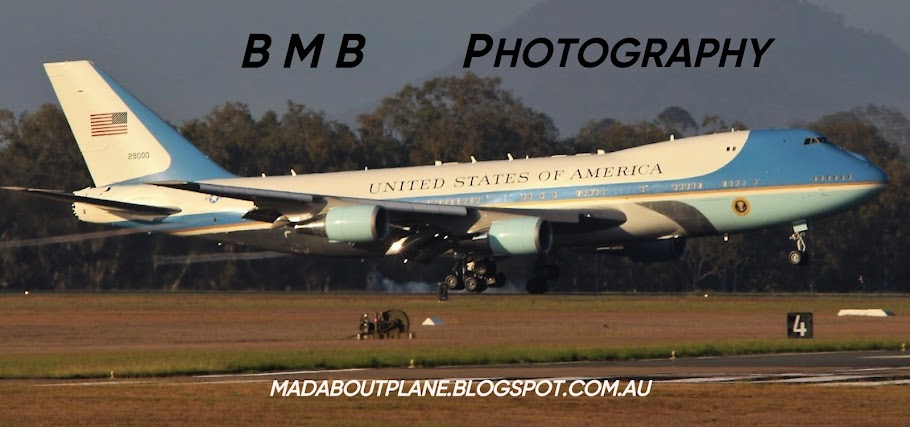Major airlines forced to fly empty ‘ghost flights’ to keep prized slot times.
One major airline estimates it has had to fly 18,000 ghost flights due to pressure from regulators, despite the economic and environmental consequences.
Thousands of planes from some of Europe’s biggest airlines have been forced to fly empty planes in order to keep their prized departure and landing times at major airports.
Europe’s second biggest carrier, Lufthansa reports it had to operate 18,000 ‘ghost flights’ over the winter, despite the polluting effects of these flights running in direct opposition to the EU’s climate goals. Around 3000 of those flights were from the carrier’s subsidiary, Brussels Airlines.
This week, Swedish climate activist, Greta Thunberg, denounced the unnecessary flights, tweeting: “The EU surely is in a climate emergency mode.”
A similar plea was made by Belgium’s federal mobility minister Georges Gilkinet to the EU, arguing that the extra services were baffling from both an economic and ecological point of view.
A statement from Lufthansa also called for more short-term flexibility due to severely decreased demand.
“Without this crisis-related flexibility, airlines are forced to fly with planes almost empty, just to secure their slots,” it said.
Under pre-pandemic rules, the “use-it-or-lose-it” rule means airlines must use at least 80 per cent of their allocated slots in order to keep their flight times, however the EU has relaxed this to 50 per cent to account for the decreased appetite in flying.
From a regulatory perspective, they ensure major airlines aren’t able to hog valuable flying times, which prevents competition from smaller carriers and new airlines from emerging.
Despite this, a senior spokesman for the European Commission – the executive branch of the EU – has refuted the claims of airlines being forced to operate ghost flights. Stefan De Keersmaecker quoted data and forecasts from Eurocontrol which reported initial traffic from 2022 was at 77 per cent of pre-pandemic rates.
“In addition to the lower slot use rates, companies may also request a ‘justified non-use exception’ – to not use a slot – if the route cannot be operated because of sanitary measures, e.g. when new variants emerge during the pandemic,” he shared on Twitter.
“EU rules therefore do not oblige airlines to fly or to keep empty planes in the air. Deciding to operate routes or not is a commercial decision by the airline company and not a result of EU rules.
“On the contrary, the Commission measures allow avoiding empty flights. Because, yes, such flights are bad for the economy and the environment.”
Here in Australia, flight slots are allocated by Airport Co-ordination Australia which divide takeoff and landing slots, however the “use-it-or-lose-it” rule has been suspended during the pandemic.
The US Federal Aviation Administration has also relaxed the policy, with limits only applying to Level 3 airports like New York’s JFK and LaGuardia airports, and Ronald Reagan Washington National Airport in Washington D.C.

No comments:
Post a Comment